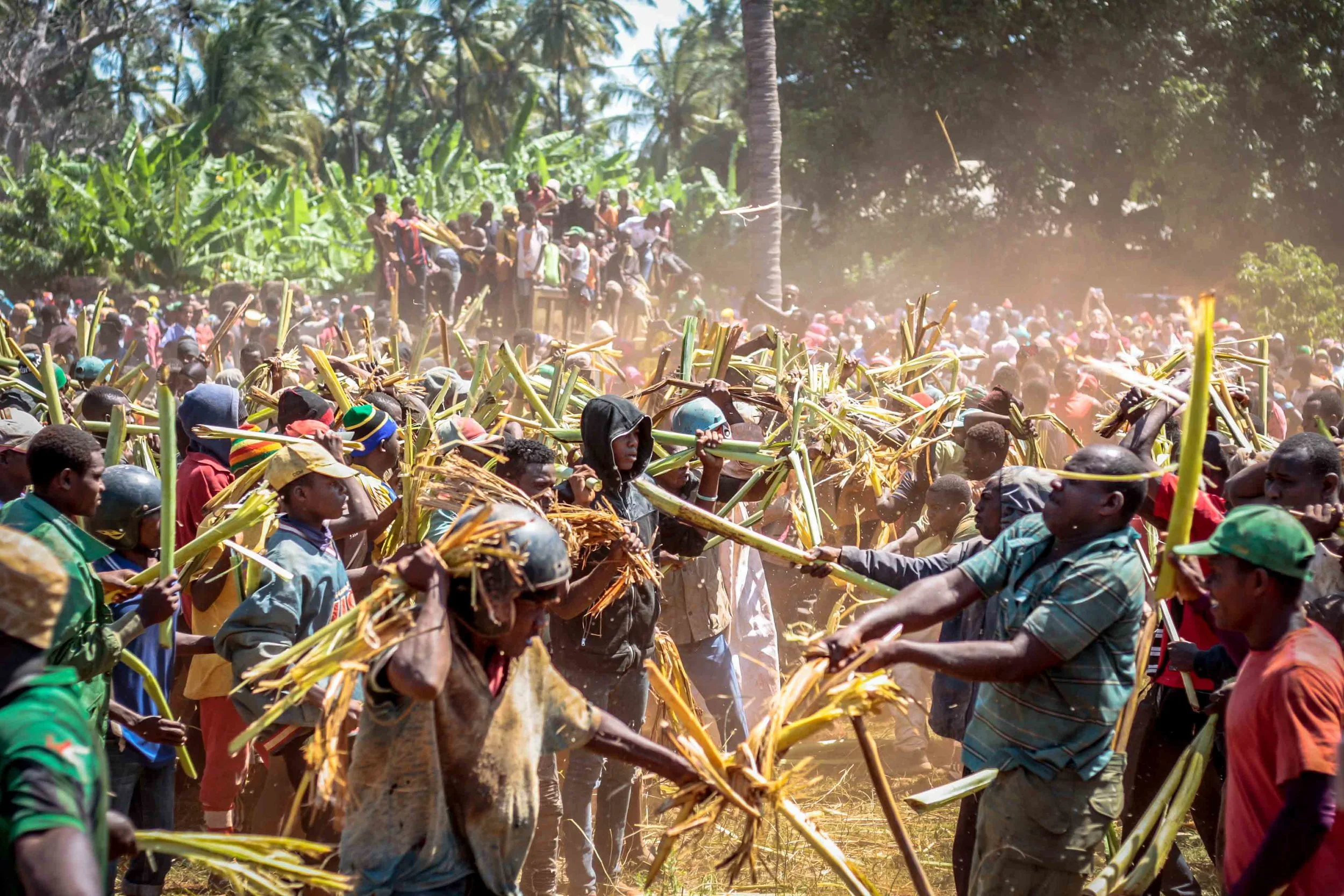A New Year means new hope and endless possibilities await everyone. It is a chance to make the most out of the coming year. For many, it is a time to let go of their past and turn over a new leaf. So, the New Year is always ushered in with a bang.
There are many celebrations and festivals amidst music, dance and colourful parades with fireworks the world over.

Most people celebrate 1st January as New Year’s Day, according to the Gregorian calendar, but in Zanzibar, they celebrate the Persian New Year, Nayrouz. The Persian New Year celebrations is rooted in the Zoatrian religion, a religion older than Islam.
The Shirazis were historically the first non-African settlers in Zanzibar and their culture was assimilated into that of Zanzibar.
The Nayrouz is known in Swahili as Mwaka Kogwa, which literally translates to “washing of the year” and it is celebrated from July 23rd or 24th to August. The celebration lasts about four days and it is celebrated in most parts of Zanzibar.

The Zanzibaris go all out for this festival on the island, but the epicentre of the celebrations is in the village of Makunduchi, in southern Unguja.
Many people flock in from all over Tanzania to witness these incredible festivities where men whip each other with banana stalks and deemed as a purification ritual to end all grudges with the other person as the New Year is ushered in.
Specific rituals are performed to bring in good luck from the coming year amidst merry making, singing, dancing and feasting that are performed.
On the first day, the play fight ceremony takes place in Kae Kuu, a large open space in the center of town where the men are permitted to vent their anger from the previous year.
Previously, real weapons like sticks were used in the play fight, but the people found it violent and opted for a less violent option, banana leaves. At that time the fight was between a pair of brothers and another from the south to engage in the physical battle.

Usually, there are no referees and there are no strict rules pertaining to the fight as well. For a winner to be declared the opponent must raise both arms to indicate their willingness to surrender.
The supporters at a point also get into the fight which is seen as an avenue to allow everyone to get themselves purged before the New Year.
The fight is exclusive to men and the women adorn themselves in beautiful clothing and accessories and taunt the men with erotic songs about love and joy and sometimes family as they move about the fields.
Some of the lyrics go like this: “If you do not buy me a piece of cloth, you don’t get to make love to me.” The men usually do not respond to the taunts but in recent times they do, and they hit the women with a comeback like: “We don’t want you anymore. We prefer the city women who are available everywhere we put our foot.”

The mganga, or traditional healer, lights a makeshift ritual hut on fire as the fight is ending at the eastern end of Kae Kuu. There are different meanings read into this act.
Some say because the traditional healer emerges from the flames unscathed and the fire is quenched by the people, there will be no loss of life in The New Year when anyone’s house catches fire.
Others say the mganga reads the direction of the smoke which can help him determine the village’s opulence in the coming year.

Finally, there is feasting and merry making and a large banquet is held for everyone at the festival grounds.
This is an opportunity to show up in your best regalia. Also, taarab music and other music are played and everyone joins the fun dancing and bonding which to the Zanzibaris is a sign of happiness and prosperity.
The party gradually makes its way to the beautiful beaches which lasts throughout the night.








